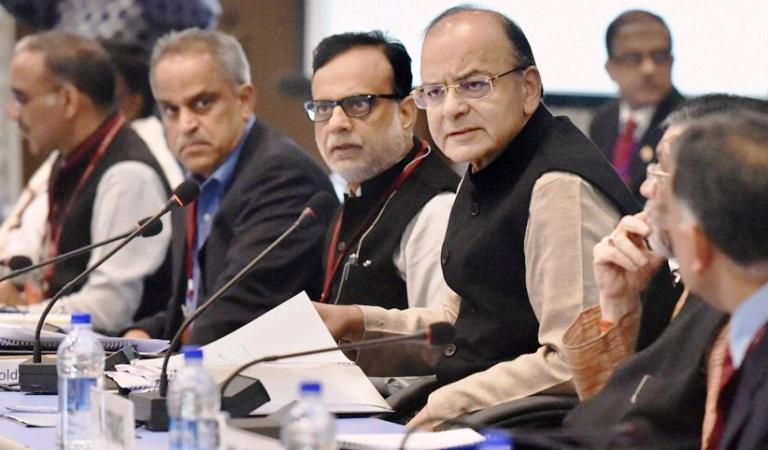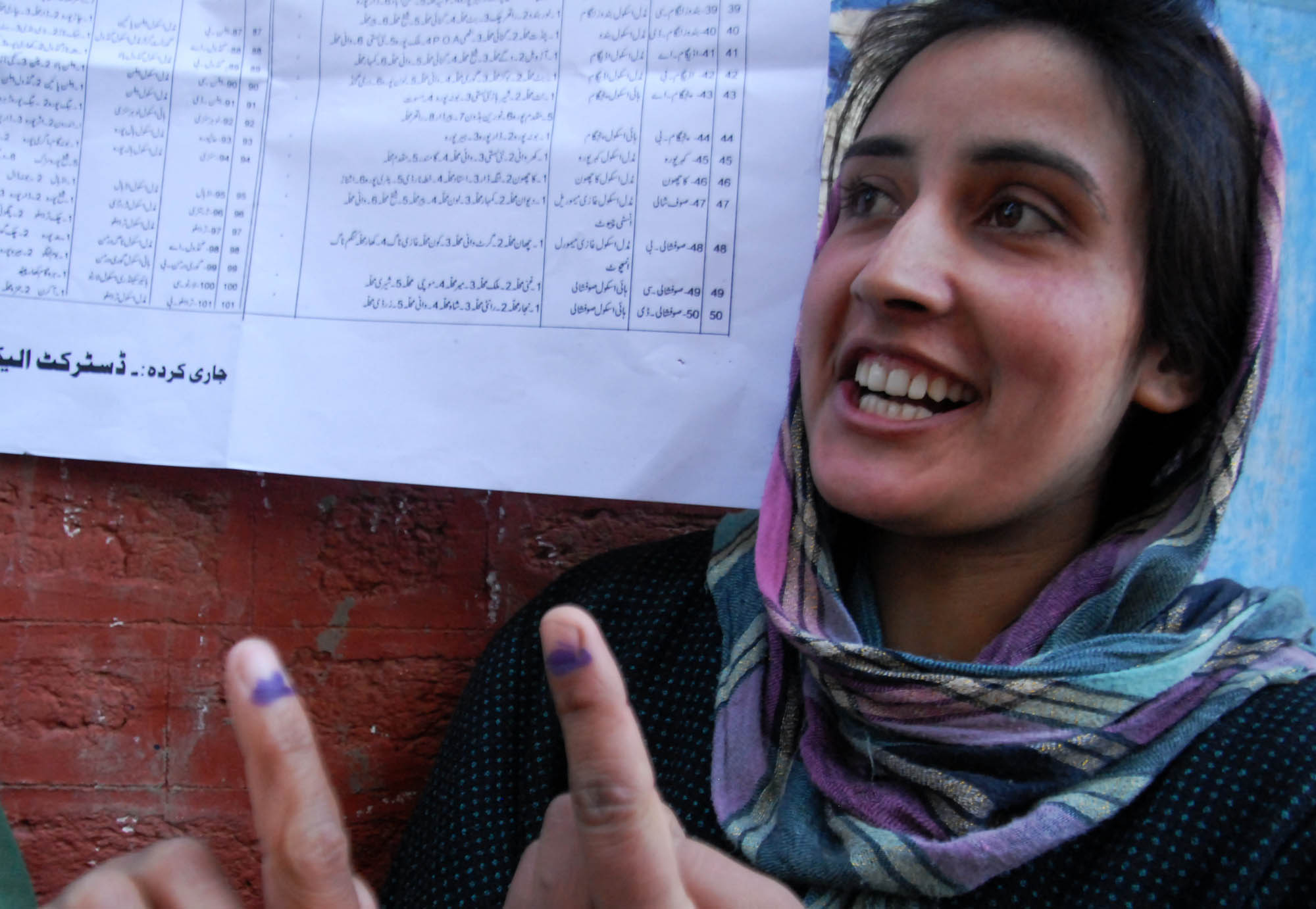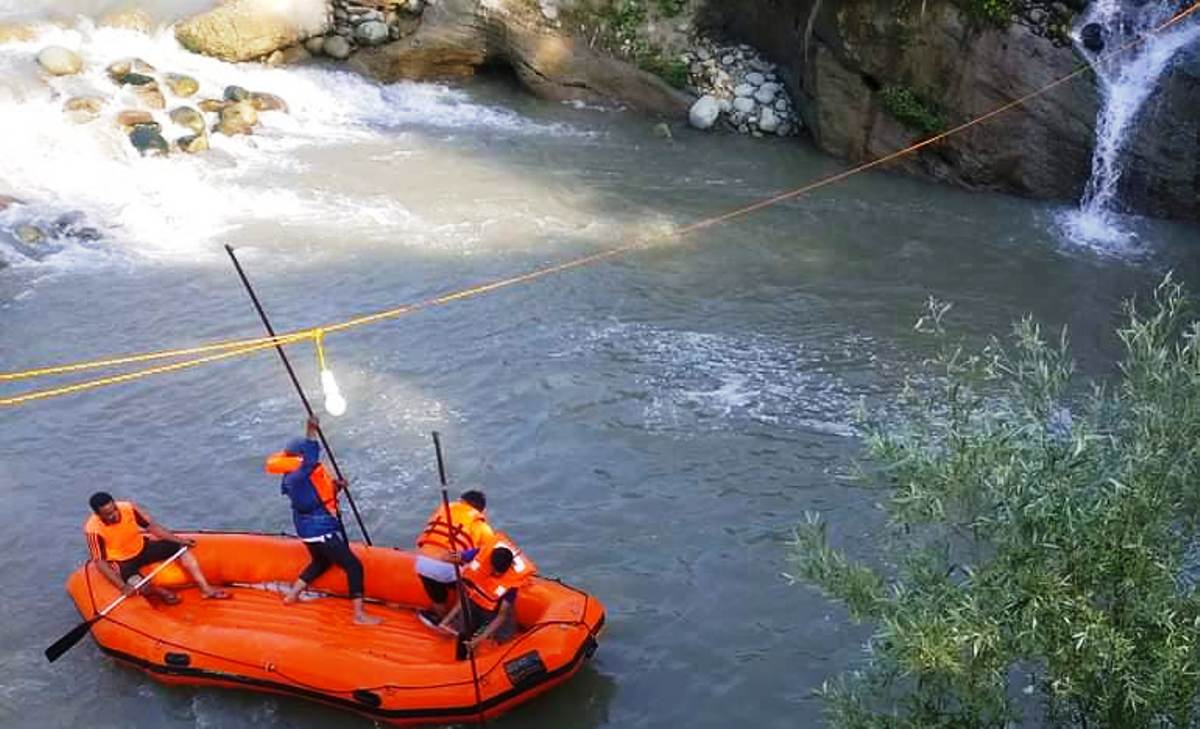SRINAGAR: For the next three days, Srinagar will remain in sharp media focus, not because of stone pelting but for major policy making. Srinagar is hosting the GST Council comprising 32 finance ministers of Indian states to make the final consensus on Goods and Services Tax (GST), an exercise that took many years, so far.

(Jaitely in last GST Council meeting)
Srinagar’s both the 5-star hotels are booked as more than 140 ministers, Government of India entire finance ministry, the entire CBDT and CBEC , would start landing in Srinagar to spend next three days in a cool and romantic environment. Entire media from Delhi and Mumbai would be around as all major publishers and broadcasters are flying specialists and crews.
Indications suggest that the economic conclave may be the penultimate session if not the final one. The only thing that is to be decided is the tariff, that too, on certain items. The meeting, fourteenth in the row, will primarily get into the tedious task of grouping the taxable items and services into four different tax slabs.
GST is considered a Himalayan intervention in the tax systems, perhaps for the first time, after 1947. Interestingly the major initiative is taking place under the Narendra Modi’s prime ministership, who as Gujarat Chief Minister was not supportive of the idea because his state was losing too much in tax collections. Various commentators see the venue equally significant because it will be the first time that J&K will play host to a process that will be historical for India. Many see the outcome as Srinagar declaration.

(Consumer states are expected to gain from the GST roll out)
Interestingly, however, J&K – the host state, will not be implementing the central GST act directly. The state government is planning a localised piece of GST bill to put forth before the state assembly so that it has its own GST law. Expectations are that while J&K will have almost the same law on GST, state will continue having its SGST (state GST) while IGST (inter-state GST) will be amended to some extent in wake of the new regime taking over. For the state, it is unprecedented in last 30 years that it will not be extending a central law directly and taking it through the state legislature. J&K, it may be recalled here, has its own state constitution under which it has rights to levy taxes. But the state cannot stay isolated from the rest of the market especially because it is a consumer state that gives it possibility of appreciating its income.
The actual rollout of the new taxing regime is strictly based on the outcome in Srinagar’s SKICC where the council will have three meetings in two days. But the deliberations can be unpredictable. There are clear cases in which disputes can crop up. Interestingly the central government lacks the sole custodianship of the Council outcome because its influence by the mandate of the council is reduced to slightly around being a bit more equal than others. States have majority rights over the decision-making.
There are strong voices in the central government bureaucracy, for instance, to make handicrafts taxable by taking it away from zero-regime. This could hit north-east and J&K seriously. There are tensions over the bullion market which can hit Gujarat so is the case with gems and jewellery. Even cigarettes are a controversy as the “smoking guns” within the Corporate India are so keen that their interests are safeguarded in the new regime.
Finance Minister Arun Jaitly will be presiding over the Council meeting. Indications suggest he will address a news conference on May 19 to detail the outcome. The council has already approved half of the rules that are required for rolling out the GST from July 1. It has also approved to amend five rules on registration of entities under the GST, filing of returns, payment of tax and refund, invoicing and debit and credit notes in consonance with the GST law approved by Parliament in March.














